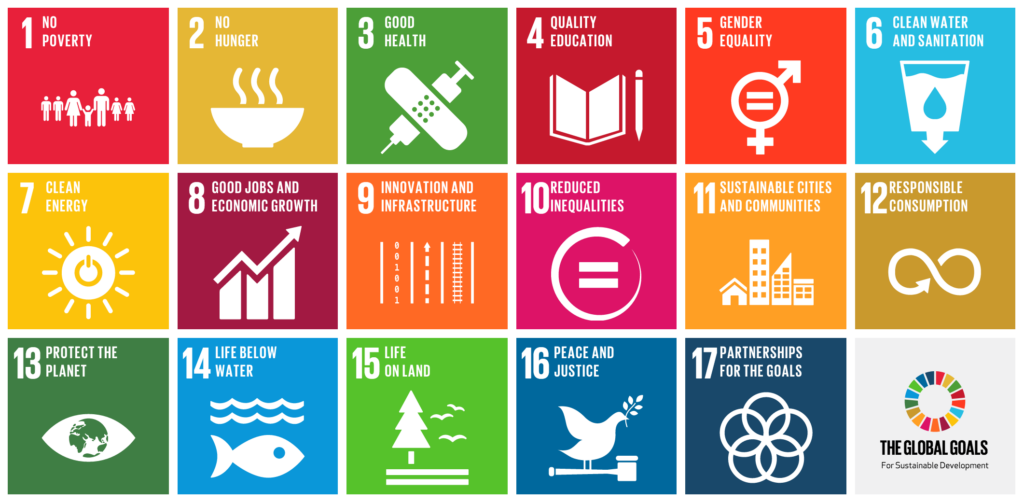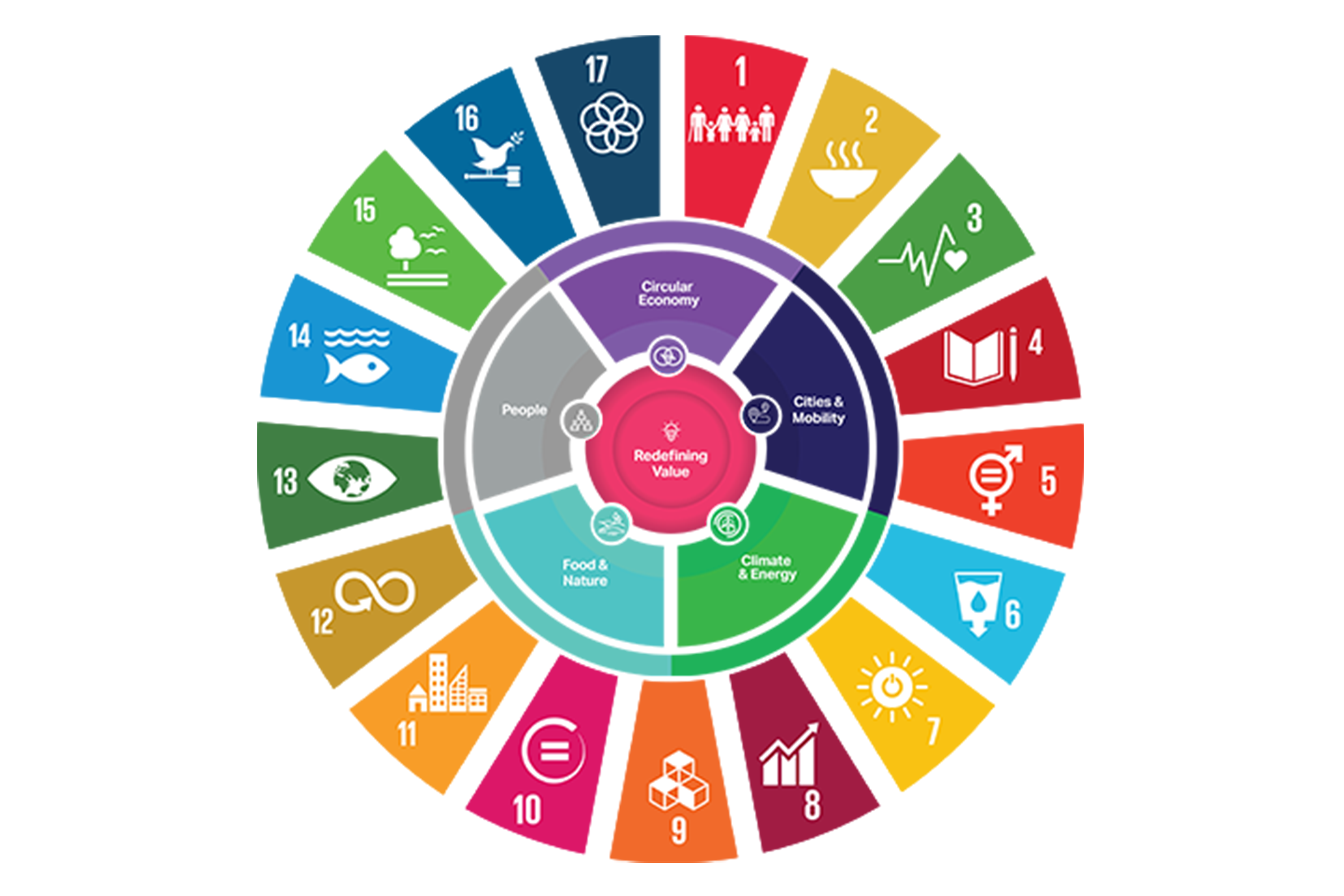Role of Women in Sustainable Development

Sustainable development has emerged as a critical global objective, seeking to address the interplay between economic growth, social progress, and environmental protection. Achieving sustainable development requires the active participation and engagement of all members of society, including women. Women’s empowerment and gender equality are not only fundamental human rights but also crucial components of sustainable development. When women are empowered and given equal opportunities, they become powerful agents of change, driving progress in various areas such as poverty eradication, education, health, and environmental conservation.
Women and Sustainable Development
Economic Empowerment:
Ensuring women’s economic empowerment is vital for sustainable development. When women are economically empowered, they contribute to poverty reduction and inclusive economic growth. By enhancing their access to resources, finance, and market opportunities, women can start and expand businesses, create jobs, and stimulate local economies. Furthermore, women’s economic participation strengthens their decision-making power, enabling them to invest in education, health, and their families’ well-being.
Education and Health:
Promoting women’s education and healthcare is essential for sustainable development. Educated women tend to have fewer children, better child and maternal health outcomes, and increased awareness of sustainable practices. Educating girls not only empowers them but also benefits society as a whole. By investing in quality education and healthcare for women, nations can unlock their potential, enhance their capabilities, and foster sustainable development.

Environmental Stewardship:
Women play a crucial role in environmental sustainability and natural resource management. As primary caregivers and providers of food and water, women possess traditional knowledge and expertise in sustainable agriculture, biodiversity conservation, and renewable energy practices. Their inclusion and participation in decision-making processes related to climate change adaptation, disaster risk reduction, and environmental policymaking are vital for the effective implementation of sustainable practices.
Political Participation:
Increasing women’s participation in political processes and decision-making is essential for achieving sustainable development. Women bring unique perspectives and priorities to the table, ensuring that policies and initiatives address the needs of all segments of society. When women hold positions of power and influence, they advocate for gender-responsive policies, social justice, and sustainable development frameworks, fostering inclusive and equitable societies.
Social Empowerment:
Empowering women socially is a critical aspect of sustainable development. Eliminating gender-based violence, ensuring access to justice, and promoting gender equality within families, communities, and institutions are essential steps towards creating a more sustainable and just world. By challenging gender norms and stereotypes, women can break free from societal constraints, fulfill their potential, and actively contribute to sustainable development efforts.
The active participation of women in sustainable development is not just an aspiration but a necessity. Gender equality and women’s empowerment are fundamental human rights that need to be recognized, promoted, and protected. By ensuring women’s equal access to education, healthcare, economic opportunities, and political participation, societies can harness their untapped potential for sustainable development. Empowering women unlocks a cascade of benefits, leading to poverty eradication, improved health outcomes, environmental sustainability, and inclusive societies. It is imperative that governments, organizations, and individuals work collectively to create an enabling environment that empowers women, breaking down barriers and fostering a more sustainable, equitable, and prosperous future for all.